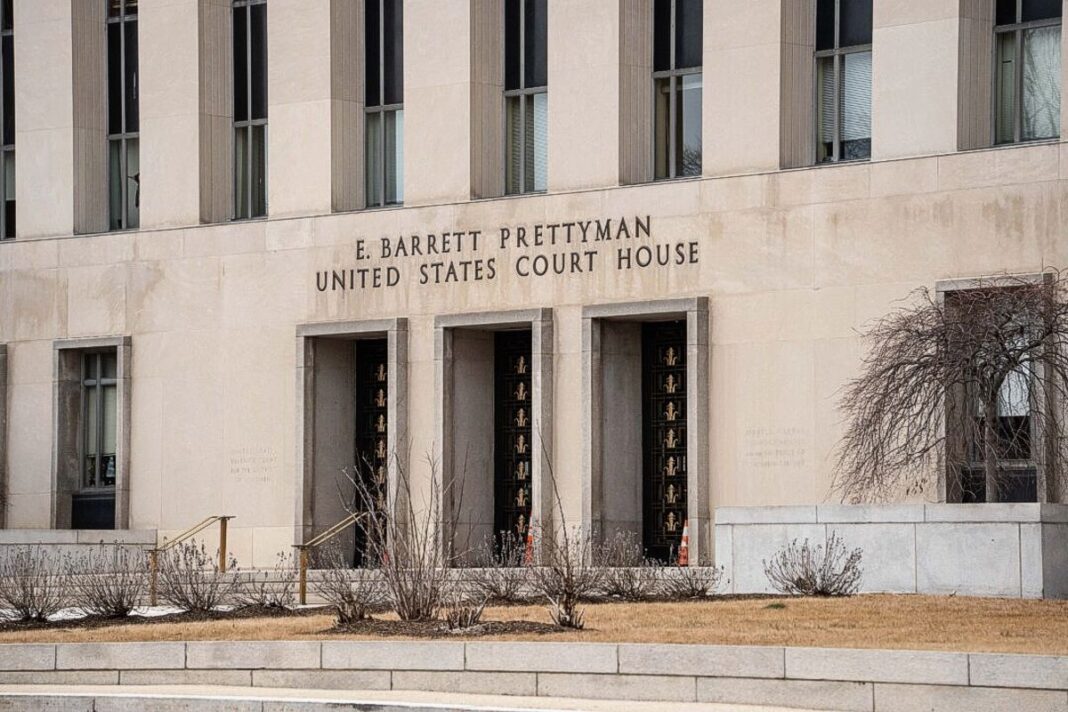Treasury secretary said that growing the economy faster is more important than ’the potential growth of the debt.’
Treasury Secretary Scott Bessent said on May 18 that he is not worried about Moody’s recent downgrade of the United States’ Aaa credit rating to Aa1, and defended President Donald Trump’s tariffs and his sweeping tax-cut bill.
Speaking with CNN’s “State of the Union with Jake Tapper” on Sunday, Bessent said Trump’s bill, which would extend the 2017 tax cuts under the president’s first term, would surge a level of economic growth.
Bessent said that growing the economy faster is more important than “the potential growth of the debt.”
“So we’ve been trying to bring down the spending, and we are going to grow the revenue side. So we are going to grow the GDP [gross domestic product] faster than the debt grows, and that will stabilize the debt-to-GDP” ratio, he said.
Some Republican lawmakers are concerned the bill does not do enough to address the growing debt. The United States currently owes $36.2 trillion.
The Committee for a Responsible Federal Budget projects the current bill would add $3.3 trillion to the national debt, including interest, or “$5.2 trillion if its temporary provisions are made permanent.”
Moody’s Downgrade
On Friday, Moody’s Ratings downgraded the United States’ long-term credit rating from Aaa to Aa1, citing sustained rising debt, growing interest payments, and a lack of political action to rein in chronic budget deficits.
“Successive US administrations and Congress have failed to agree on measures to reverse the trend of large annual fiscal deficits and growing interest costs,” it said in its May 16 statement.
The move stripped the nation of its last perfect credit rating among the three major agencies.
Bessent said on Sunday that he does not “put much credence” in the Moody’s downgrade.
In “the history of rating agencies, by the time they get to a downgrade, everything’s already in the market,” Bessent said. “What I think is important is that President Trump has just come back from this historic Middle East trip, and there’s trillions of dollars coming into the U.S. So we are seeing confidence from investors.”
By Jacob Burg







